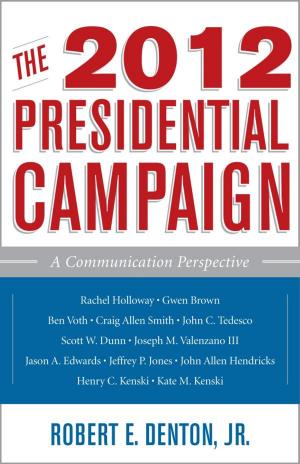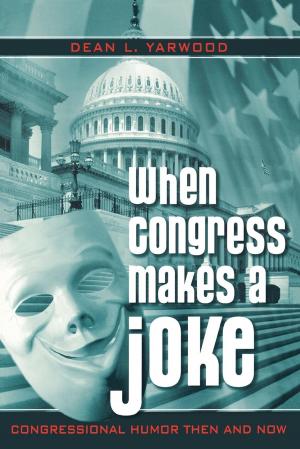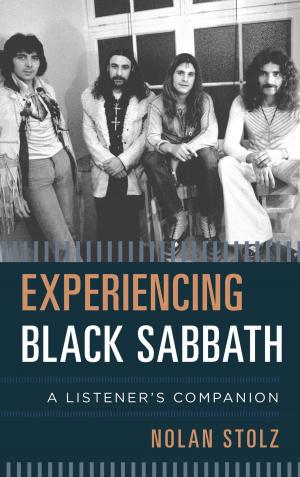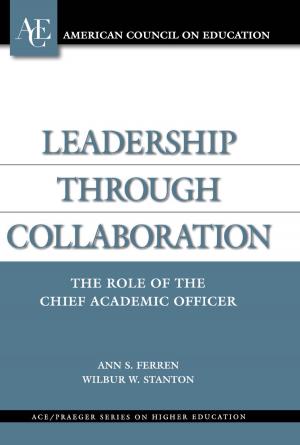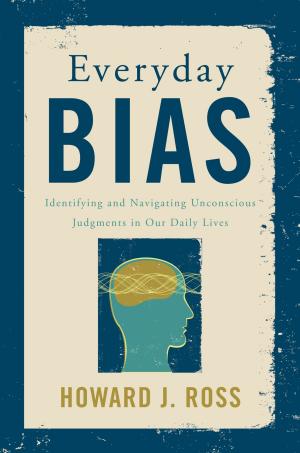We Must Not Be Enemies
Restoring America's Civic Tradition
Nonfiction, Social & Cultural Studies, Political Science, Government, Civics, Reference & Language, Language Arts, Communication, History, Americas, United States| Author: | Michael Austin | ISBN: | 9781538121269 |
| Publisher: | Rowman & Littlefield Publishers | Publication: | May 15, 2019 |
| Imprint: | Rowman & Littlefield Publishers | Language: | English |
| Author: | Michael Austin |
| ISBN: | 9781538121269 |
| Publisher: | Rowman & Littlefield Publishers |
| Publication: | May 15, 2019 |
| Imprint: | Rowman & Littlefield Publishers |
| Language: | English |
At the end of his first inaugural address, delivered to a nation deeply divided and on the brink of civil war, Abraham Lincoln concluded, “We are not enemies, but friends. We must not be enemies.” Lincoln’s words ring true today, especially for a new generation raised on political discourse that consists of vitriolic social media and the echo chambers of polarized news media.
In We Must Not Be Enemies, Michael Austin combines American history, classical theories of democracy, and cognitive psychology to argue that the health of our democracy depends on our ability to disagree about important things while remaining friends. He argues that individual citizens can dramatically improve the quality of our democracy by changing the way that we interact with one another. Each of his main chapters advances a single argument, supported by contemporary evidence and drawing on lessons from American history. The seven arguments at the heart of the book are:
- We need to learn how to be better friends with people we disagree with.
- We should disagree more with people we already consider our friends.
- We should argue for things and not just against things.
- We have a moral responsibility to try to persuade other people to adopt positions that we consider morally important.
- We have to understand what constitutes a good argument if we want to do more than shout at people and call them names.
- We must realize that we are wrong about a lot of things that we think we are right about.
- We should treat people with charity and kindness, not out of a sense of moral duty (though that’s OK too), but because these are good rhetorical strategies in a democratic society.
For anyone disturbed by the increasingly coarse and confrontational tone of too much of our political dialogue, We Must Not Be Enemies provides an essential starting point to restore the values that have provided the foundation for America’s tradition of democratic persuasion.
At the end of his first inaugural address, delivered to a nation deeply divided and on the brink of civil war, Abraham Lincoln concluded, “We are not enemies, but friends. We must not be enemies.” Lincoln’s words ring true today, especially for a new generation raised on political discourse that consists of vitriolic social media and the echo chambers of polarized news media.
In We Must Not Be Enemies, Michael Austin combines American history, classical theories of democracy, and cognitive psychology to argue that the health of our democracy depends on our ability to disagree about important things while remaining friends. He argues that individual citizens can dramatically improve the quality of our democracy by changing the way that we interact with one another. Each of his main chapters advances a single argument, supported by contemporary evidence and drawing on lessons from American history. The seven arguments at the heart of the book are:
- We need to learn how to be better friends with people we disagree with.
- We should disagree more with people we already consider our friends.
- We should argue for things and not just against things.
- We have a moral responsibility to try to persuade other people to adopt positions that we consider morally important.
- We have to understand what constitutes a good argument if we want to do more than shout at people and call them names.
- We must realize that we are wrong about a lot of things that we think we are right about.
- We should treat people with charity and kindness, not out of a sense of moral duty (though that’s OK too), but because these are good rhetorical strategies in a democratic society.
For anyone disturbed by the increasingly coarse and confrontational tone of too much of our political dialogue, We Must Not Be Enemies provides an essential starting point to restore the values that have provided the foundation for America’s tradition of democratic persuasion.




